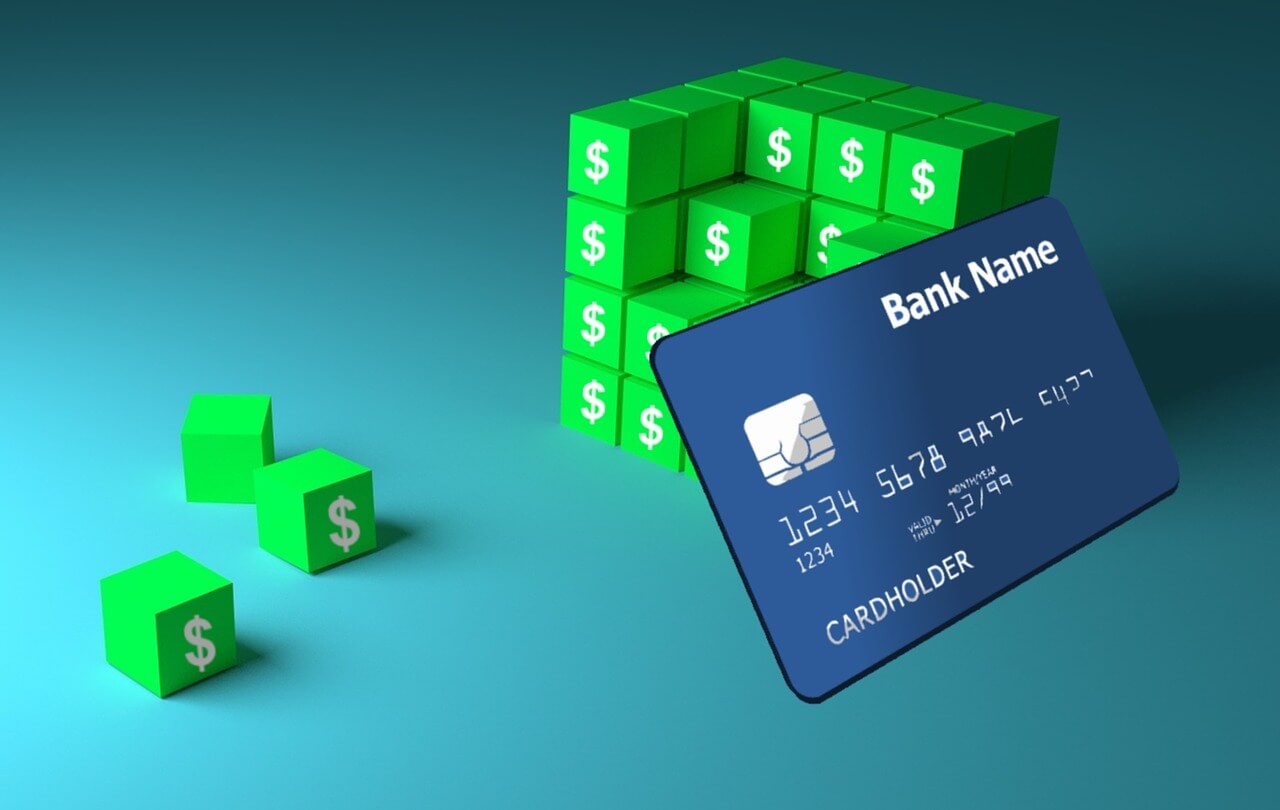In the intricate tapestry of personal finance, one metric often stands as a harbinger of financial challenges: the infamous credit score. Understanding what constitutes a bad credit score is crucial for anyone navigating the labyrinth of borrowing, mortgages and financial stability. In this comprehensive guide, Finger Finance unravels what is considered a bad credit score, shedding light on its implications, causes and strategies for improvement.
What’s A Bad Credit Score?
A credit score is a numerical representation of an individual’s creditworthiness, serving as a key determinant for lenders assessing the risk of extending credit. The most widely used credit scoring model is the FICO score, which ranges from 300 to 850. A bad credit score typically falls below a certain threshold, often considered to be around 580 or lower.
The general ranges of credit scores is summarized in the table below:
| Excellent: | 800 – 850 |
| Good: | 670 – 799 |
| Fair: | 580 – 669 |
| Poor: | 300 – 579 |
What Are The Implications Of A Bad Credit Score?
Limited Access to Credit
A bad credit score can significantly restrict access to traditional credit products, such as credit cards, personal loans and mortgages. Lenders view individuals with lower credit scores as higher-risk borrowers, leading to increased difficulty in securing favorable loan terms or approval.
Higher Interest Rates
Even if individuals with bad credit manage to secure loans, they often face the grim reality of higher interest rates. Lenders mitigate the perceived risk by charging borrowers with lower credit scores more in interest, amplifying the overall cost of borrowing.
Impact on Housing
A subpar credit score can impede one’s ability to secure a rental property or qualify for a mortgage. Landlords and mortgage lenders often scrutinize credit histories as a gauge of financial responsibility, making a bad credit score a potential obstacle in the housing market.
Employment Opportunities
Some employers incorporate credit checks into their hiring processes, especially for positions involving financial responsibilities. While the impact of credit scores on employment varies, a bad credit history may be perceived as a red flag, potentially affecting career prospects.
What Are The Main Causes Of A Bad Credit Score?
Missed or Late Payments
Timely payment of bills and debts is a cornerstone of a healthy credit score. Missed or late payments, whether on credit cards, loans, or other obligations, can have a detrimental effect on creditworthiness.
High Credit Card Balances
Utilizing a significant portion of available credit, especially on credit cards, can negatively impact credit scores. This is often expressed as a high credit utilization ratio, which compares the amount of credit used to the total available credit.
Collections and Defaults
Accounts sent to collections or charged off as defaults can inflict severe damage to a credit score. These negative marks signify a failure to meet financial obligations, leaving a lasting imprint on credit reports.
Bankruptcies and Foreclosures
Major financial setbacks, such as bankruptcy or foreclosure, can have enduring consequences on credit scores. These events are considered serious derogatory marks that take time to recover from.
Lack of Credit History
Paradoxically, a lack of credit history can also result in a lower credit score. Without a sufficient credit track record, lenders may view individuals as untested borrowers, potentially categorizing them in the lower credit score tiers.
How Can I Improve My Bad Credit Score?
Review and Dispute Errors
Regularly reviewing credit reports is essential. Inaccuracies or errors on credit reports can unfairly impact credit scores. Disputing and correcting these inaccuracies can contribute to a score improvement.
Establish a Payment Plan
Addressing outstanding debts through a structured payment plan can demonstrate a commitment to financial responsibility. Negotiating with creditors and establishing realistic repayment schedules may mitigate the impact of late payments.
Reduce Credit Card Balances
Actively working to reduce credit card balances and maintain a lower credit utilization ratio can have a positive impact on credit scores. Paying down high-interest debt is a strategic step toward credit score improvement.
Explore Secured Credit Options
Secured credit cards, where individuals provide a security deposit as collateral, can be a viable option for rebuilding credit. Responsible use of secured credit cards can contribute positively to credit history.
Seek Professional Assistance
Credit counseling services and financial advisors can provide guidance on managing debts, establishing healthy financial habits, and navigating the path to credit score improvement. Seeking professional assistance may offer valuable insights tailored to individual circumstances.
The Bottom Line
A bad credit score is not a permanent sentence; rather, it serves as a barometer of past financial behaviors. Understanding the implications, causes, and strategies for improvement empowers individuals to take proactive steps towards a healthier credit profile.
Navigating the complexities of credit requires a holistic approach, involving financial literacy, responsible credit management and a commitment to rectifying past missteps. By unraveling the mysteries of a subpar credit score, individuals can embark on a journey towards creditworthiness and financial well-being.




